We've found 1000 matches for your search. Order by
Results
-
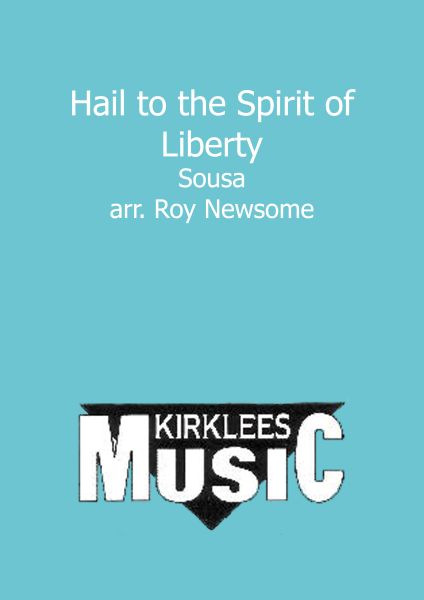 £21.50
£21.50Hail to the Spirit of Liberty
Estimated dispatch 7-14 working days
-
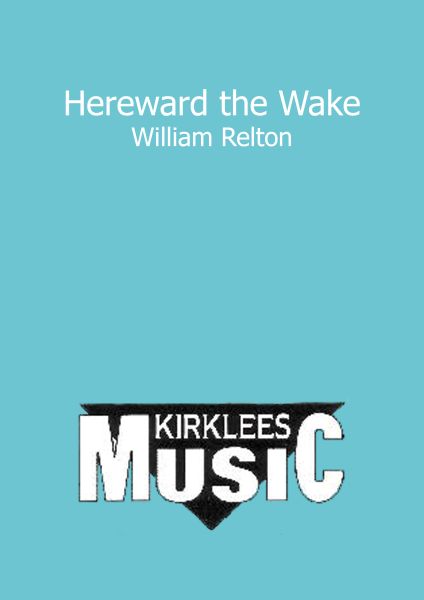 £35.00
£35.00Hereward the Wake
Estimated dispatch 7-14 working days
-
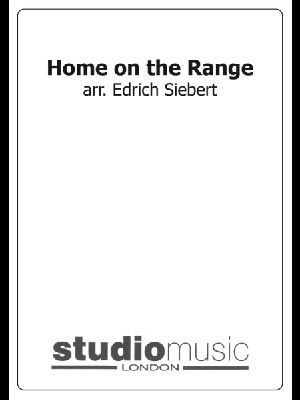 £32.95
£32.95 -
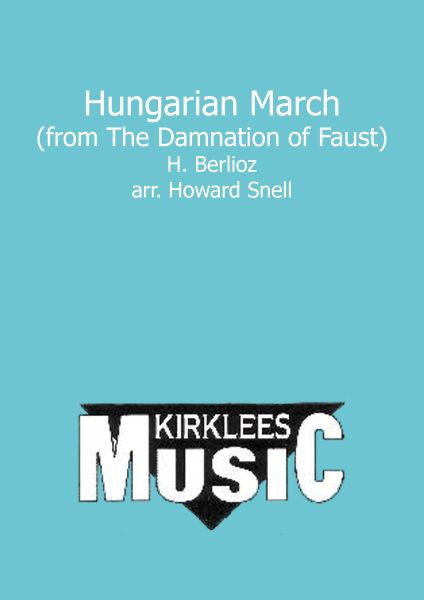 £34.50
£34.50Hungarian March (from The Damnation of Faust)
Estimated dispatch 7-14 working days
-
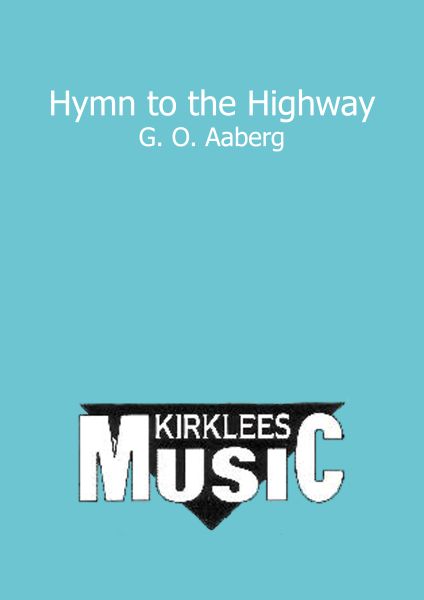 £21.50
£21.50Hymn to the Highway
Estimated dispatch 7-14 working days
-
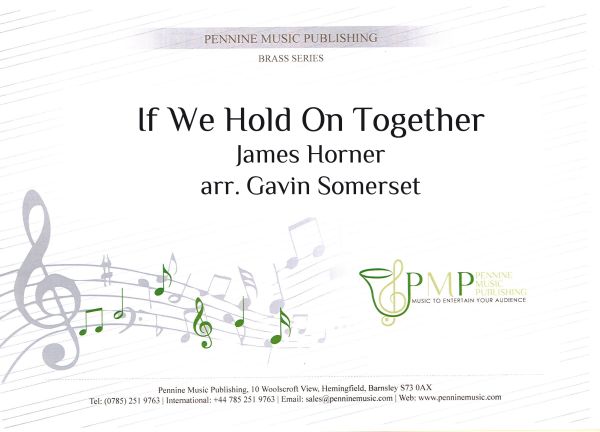 £21.50
£21.50If We Hold on Together (from The Land Before Time)
Estimated dispatch 7-14 working days
-
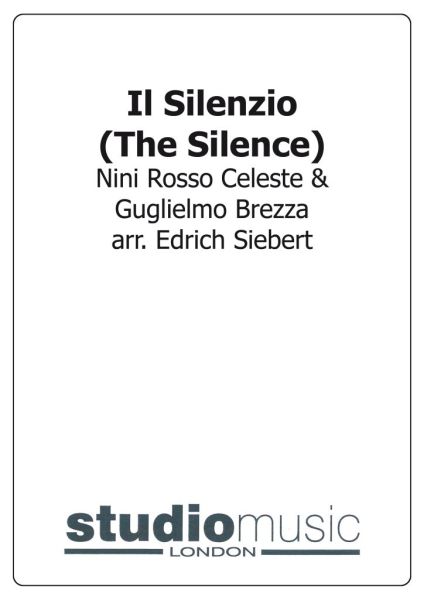 £24.95
£24.95 -
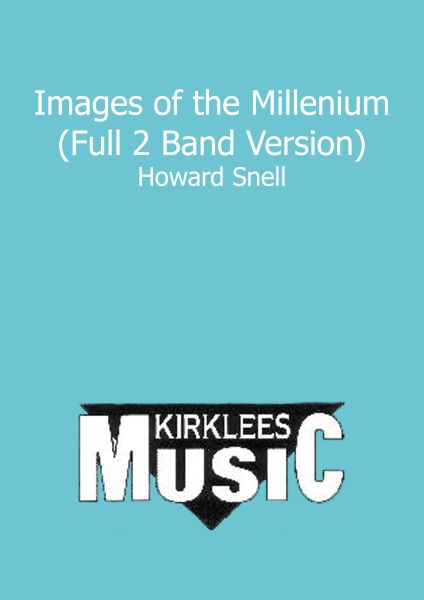 £119.00
£119.00Images of the Millennium (Full 2 Band Version)
Estimated dispatch 7-14 working days
-
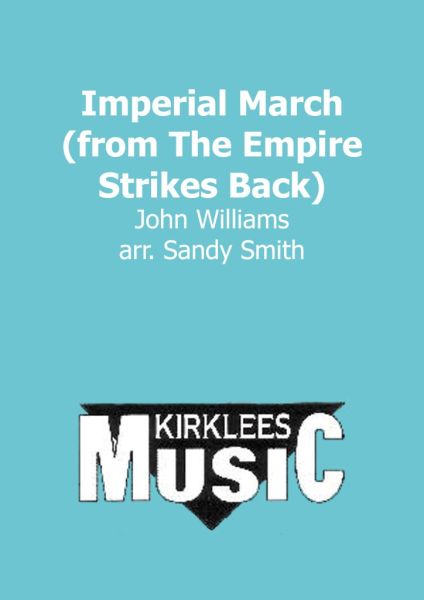 £21.50
£21.50Imperial March (from The Empire Strikes Back)
Estimated dispatch 7-14 working days
-
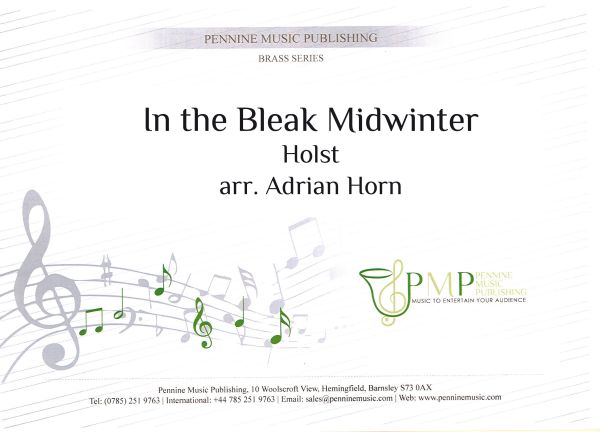 £19.50
£19.50In the Bleak Midwinter
Estimated dispatch 7-14 working days
